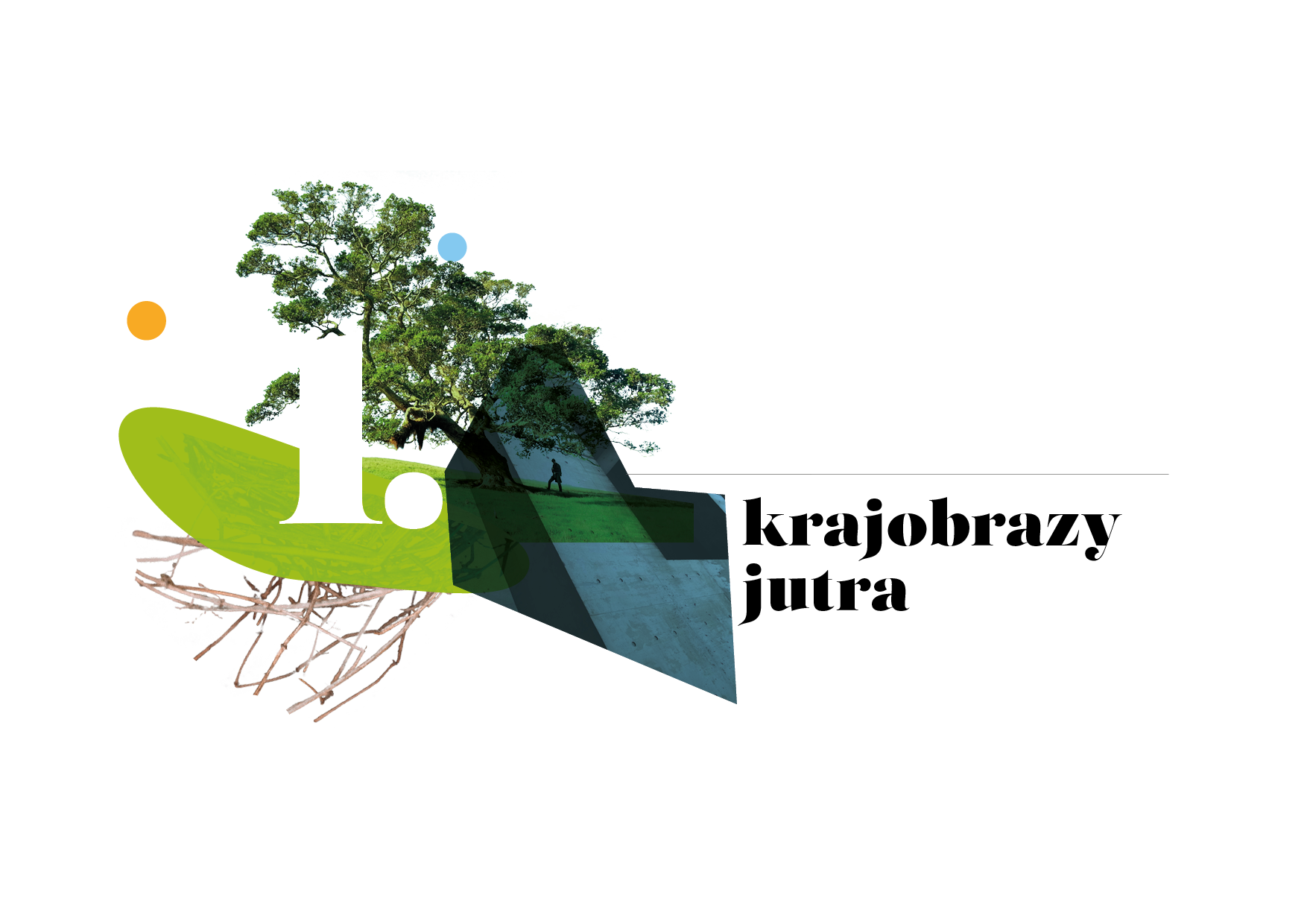Krajobrazy jutra
Sesja semi-plenarna
Numer: P01
Prowadzenie: Piotr Matczak (UAM)
Data i godzina: 16.09, 09:00
Miejsce: WYDZIAŁ LINGWISTYKI UW, Sala 3.014
 Written by ptsadmin
Written by ptsadmin
Sesja plenarna poświęcona jest namysłowi nad krajobrazami przyszłości, przestrzeniami, w których manifestować będzie się społeczne „jutro”. Wystąpienia prelegentów dotyczyć będą wyobrażeń i trendów zmian krajobrazu (a) w sensie dosłownym, związanych ze zmianami środowiska pod wpływem zmian społeczno-technologicznych oraz (b) w sensie pochodnym, w związku z wytwarzaniem nowych wizji przyszłości i nowych przestrzeni dystynkcji społecznych. Zaproszeni prelegenci szukać będą odpowiedzi na pytania: w jaki sposób krajobrazy jutra są antycypowane i jak kształtowane są wizje przyszłości? Czy rysujący się krajobraz uwzględnia zmieniające się potrzeby społeczeństw, procesy demograficzne, kwestie sprawiedliwości środowiskowej, nowe podejścia do relacji z innymi gatunkami?
W zarysowanym polu badań chcemy wskazać najbardziej prawdopodobne możliwości. Interesuje nas nie tylko rozumienie kierunku zmian, ale również – a może przede wszystkim – uchwycenie relacji społecznej świadomości, kształtującej i kształtowanej przez zjawiającą się przyszłość. To nasza próba “siły głosu” – pokazania, że nie zostaliśmy zepchnięci do reagowania na dysfunkcje społecznego świata, ale że wciąż – jako środowisko – zachowujemy zdolność do myślenia prospektywnego. Dalej chcemy toczyć “spory o przyszłość” (Hirszowicz 1988).
Abstrakty wystąpień
English
Landscapes of tomorrow
The plenary session is dedicated to the reflection on the landscapes of the future, the spaces in which the social „tomorrow” will manifest itself. The session will focus on the ideas and trends of landscape changes (a) in the literal sense, related to environmental changes under the influence of socio-technological changes, and (b) in the secondary sense, in connection to the production of new visions of the future and new spaces of social distinction. The invited speakers will look for answers to the following questions: how tomorrow’s landscapes are anticipated and will affect the strategic planning processes in Poland, how are the visions of tomorrow shaped? Does the emerging landscape of tomorrow consider the changing needs of societies, demographic processes, issues of environmental justice, the new approaches to relations with other species?
In the field of research outlined, we would like to identify the most likely possibilities. We are interested not only in understanding the direction of change, but also – and perhaps most importantly – in capturing the relationship of social consciousness shaping and being shaped by the emerging future. This is our attempt at „voice power” – to show that we have not been relegated to reacting to the dysfunctions of the social world, but that we still – as an environment – retain the ability to think prospectively. We still have the ability to „argue the future” (Hirszowicz 1988).

